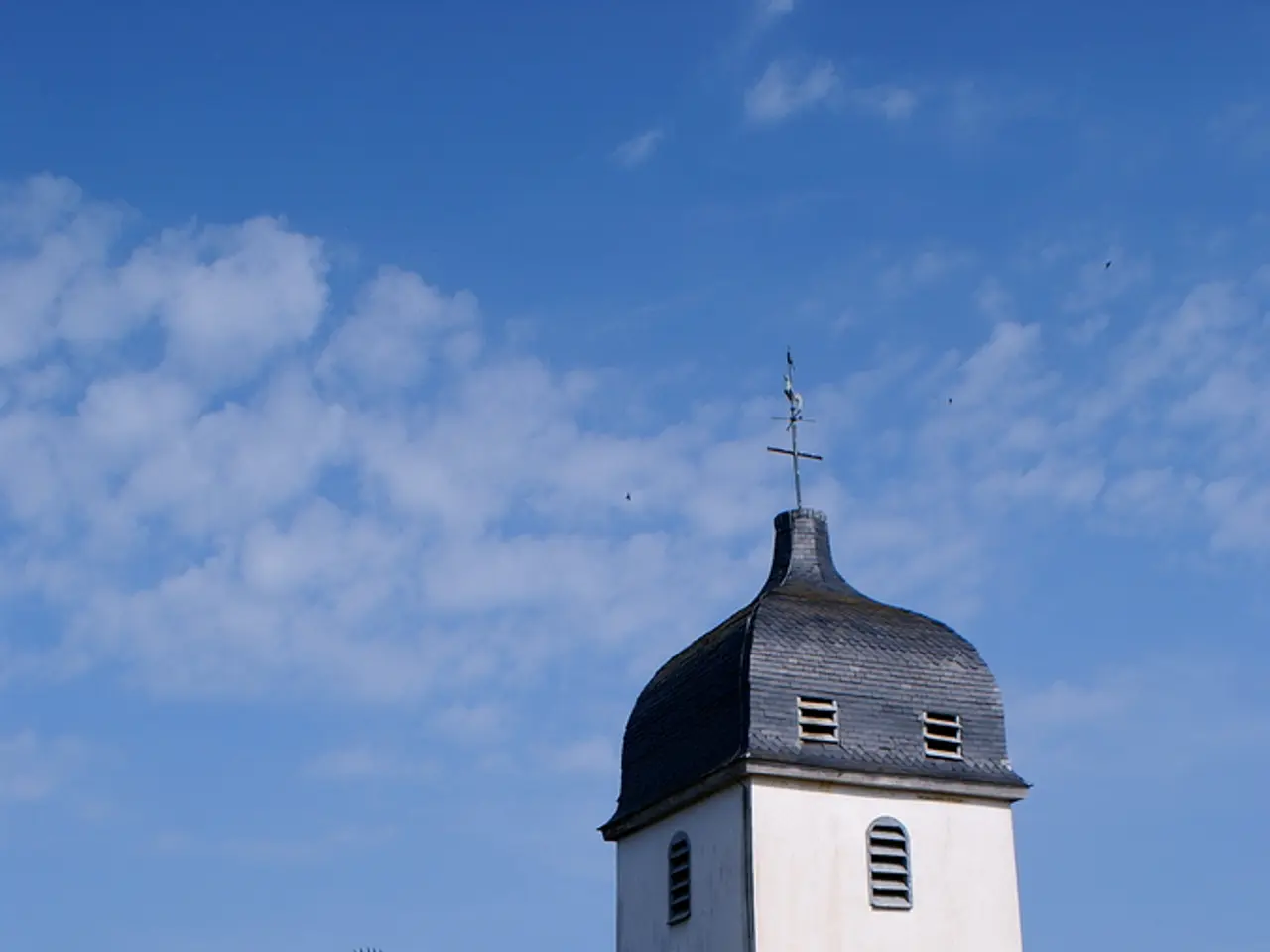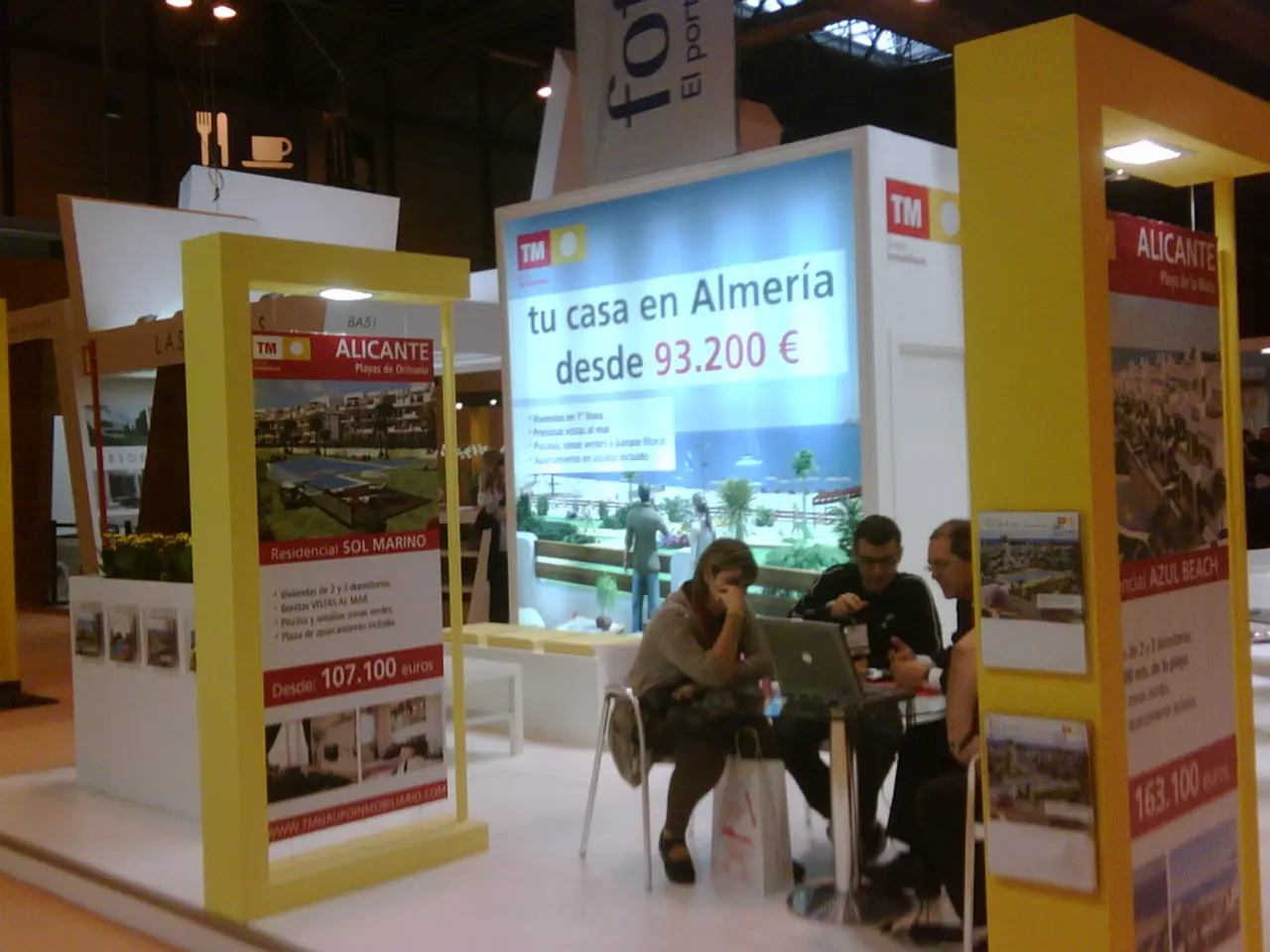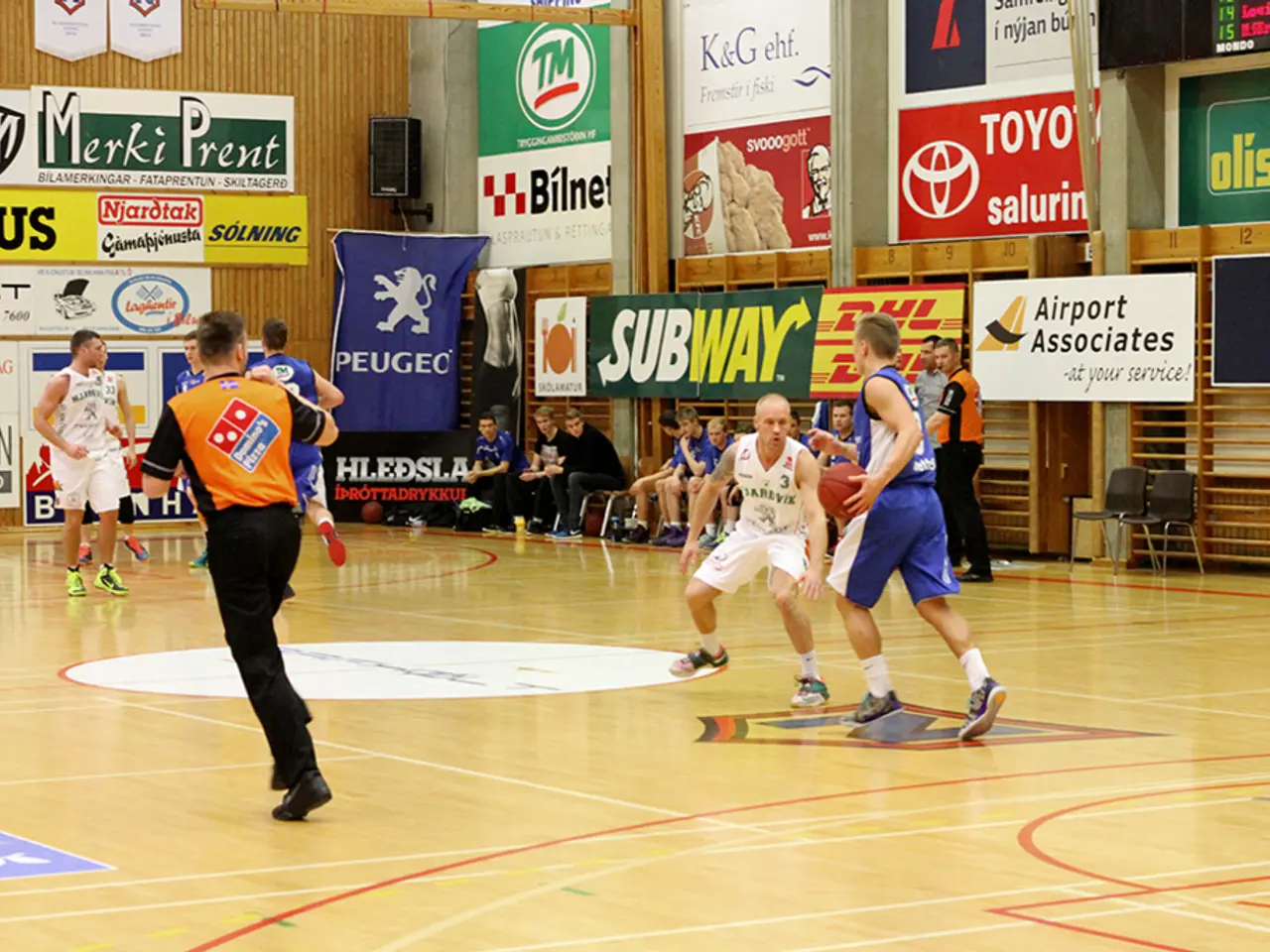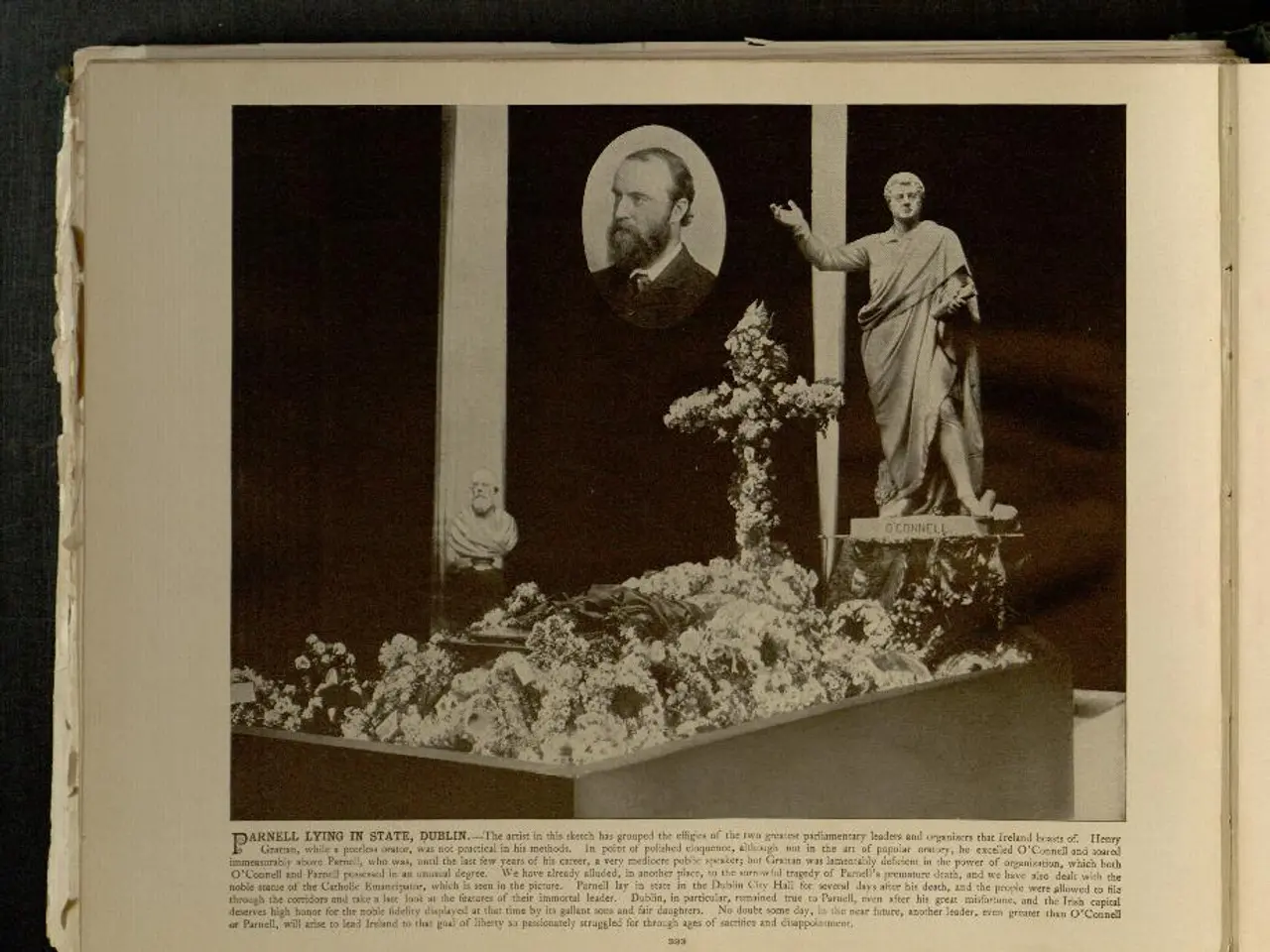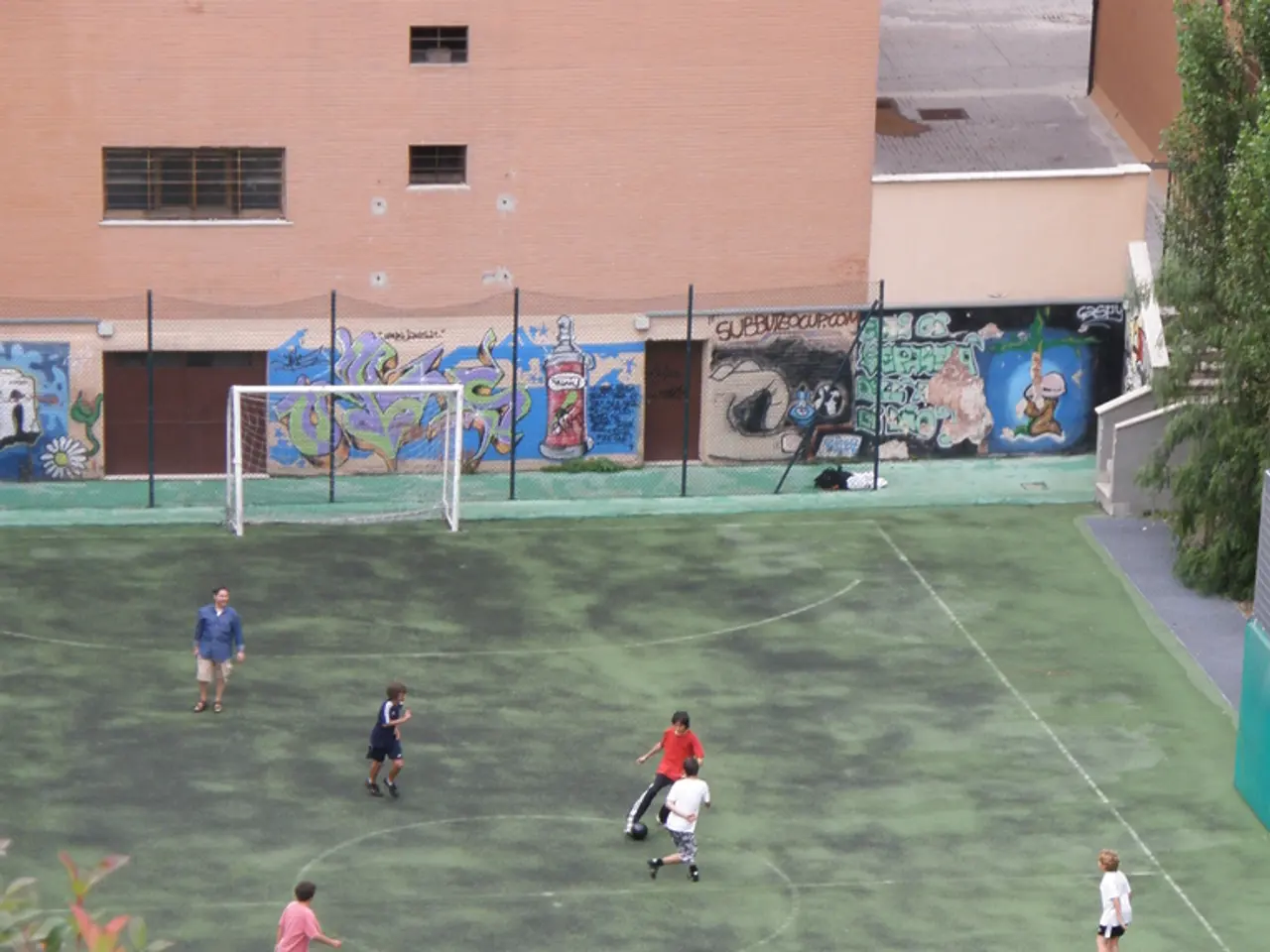Defying the Current Shift, Despite Shifting Currents
In the heart of Europe, a profound cultural debate is unfolding, with traditional Christian values and secular progressive ideologies locked in a tense and multifaceted confrontation, particularly on issues such as gender, abortion, and medically assisted suicide.
On one side, conservative Christianity, including many branches, vehemently opposes numerous secular progressive ideas. They resist the redefinition of gender beyond biological sex, oppose abortion, and denounce medically assisted suicide, viewing these as morally wrong and against the sanctity of life. The Christian stance is rooted in the belief in an objective morality grounded in God and Scripture, which upholds the inherent dignity of human beings, created in God's image. However, Christians in Europe are facing escalating challenges, such as the rise in anti-Christian hate crimes, with documented increases in church arson and personal assaults against Christians.
On the other side, progressive ideologies in Europe emphasise individual rights, autonomy, and equality, advocating for gender identities beyond traditional binaries, access to safe and legal abortion, and the legalisation of medically assisted suicide for terminal illness and suffering. These ideologies often prioritise freedom of choice and personal dignity, sometimes in opposition to religious definitions of morality. Progressive movements are also active in promoting liberal religious views and broader interpretations of tolerance, as seen in interfaith and liberal religious conferences.
The clash between these perspectives is sharp, with traditional Christian views seeing secular progressivism as a denial of God and objective morality, leading to existential and moral crises. Conversely, secular progressives often view traditional Christian morality as restrictive to personal freedom and human rights. This debate plays out in both political arenas, with laws regulating abortion and assisted suicide varying by country, and in social discourse marked by increased polarization.
Europe's struggle to balance religious freedom with progressive human rights continues, with institutions like the European Parliament discussing ways to protect believers amid rising intolerance. Meanwhile, initiatives such as #TogetherInThisMission invite others across Europe and beyond to join the mission of Evangelical Focus.
In Mediterranean countries like Spain, Italy, and Portugal, this acceleration has been particularly visible, with conservative leaders arriving to power and artists rediscovering Christian symbols and stories. However, influencers of all kinds are also speaking publicly about their conversion to the Christian faith, and progressive movements are advocating for the protection of the most vulnerable from harmful ideologies.
Jesus Christ, in His time, was forceful in denouncing evil, merciful when no one expected it, and sought connection with the Father. He announced that the Kingdom of God had come near, offering a narrower path that was always uncomfortable for the 'status quo'. The good news of Jesus Christ will always have something to say to power.
This article is to be published in Finnish by the magazine Uusi Tie, authored by the director of Evangelical Focus, a journalist in Spain. The debate continues, with each side seeking to navigate the complexities of this cultural moment, striving to discern well what it means to have a prophetic voice in this new cultural moment.
- In the political and general-news discourse, both conservative Christians and secular progressives fiercely debate various issues, such as gender, abortion, and medically assisted suicide, each claiming to uphold fundamental human rights and individual autonomy while upholding contrasting worldviews.
- The European Parliament, as an institution, engages in discussions focusing on balancing religious freedom with progressive human rights, recognizing the escalating challenges faced by Christians and the necessity of protecting believers amid the rising tide of intolerance.



